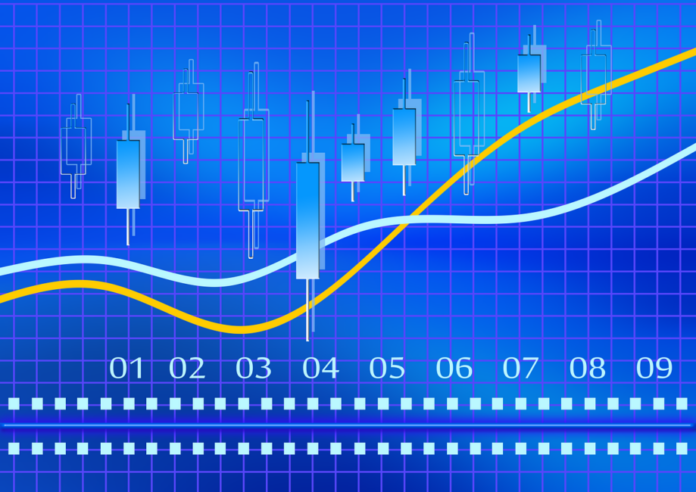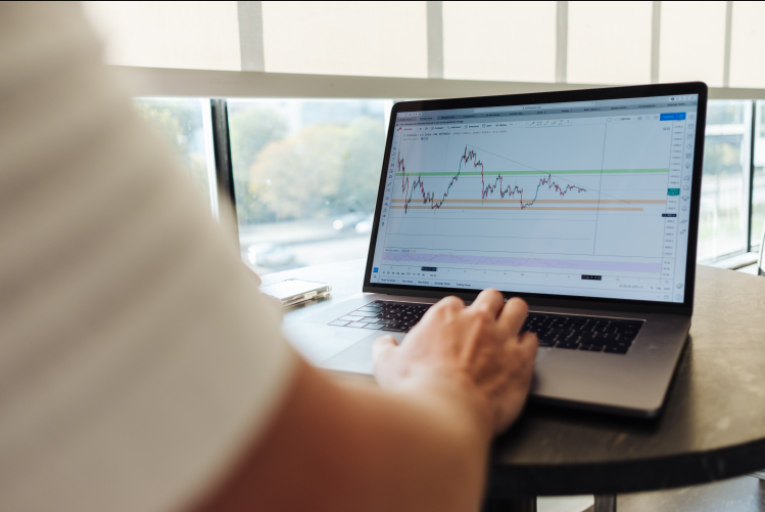People spend a lot of time wondering what commodity they should trade, and they are stuck in that phase of choosing whether they should trade crypto, stock, forex, or the countless other financial assets available for both physical and virtual trade. Though more than the commodity, it’s how you trade that will determine how profitable this business is for you. Whether you choose to trade at a local stock exchange or consider setting up an account with an online brokerage, every option can be successful if you go about it the right way. Different approaches to trading have their own costs and benefits but what is most important is how well you can trade.
Before you invest in any financial asset, you should always study the market and the behavior of the commodity to know how you should go about it. You should also keep in mind the trading style and the trading strategies that are most effective for that asset. Below, we will discuss some tips that are applicable to a wide variety of assets and can help you improve your trading as well.
1. Knowledge
When it comes to investing, knowledge truly is the only power. No matter how much or how little of an investment you are starting with, if you want to grow your portfolio on a consistent basis you need to be one step ahead of the market and the only way to do that is to read. Get to know what’s happening before it has even happened so that your money is where the profits are. Warren Buffet, one of the richest men in the world made his wealth through trading and he spends nearly 80% of his day reading everything from newspapers to books to informational material about stocks and trading.
2. Analysis
When it comes to analyzing the market and making calculated decisions, your subject knowledge is definitely going to help you but you should also use specific analysis tools to help give you a clearer picture. Market indicators and freely available analysis tools are fantastic resources when it comes to analyzing the market at a more statistical level. Moreover, if you are familiar with the market analysis you can even learn thinkScript to create custom tools that will analyze the market according to your specific parameters. It does help to look at what experts are saying for your industry and your commodity. However, when you get the hang of the trade and you want something a bit more specific to your style of trading, it can be very useful to create your own tools, especially for online traders.
3. Learn the Patterns
In forex trading, it is important to learn about and identify trading patterns. Trading patterns can provide valuable insights into the market and can help traders make more informed decisions about when to buy or sell currencies. There are several different types of trading patterns, and each one can provide different information about the market. For example, head and shoulders patterns can signal that a currency is about to reverse direction, while flag patterns can indicate that a currency is consolidating before making a move. Then, you have more complicated patterns, such as the crab harmonic pattern. The crab harmonic pattern is a three-legged reversal pattern that is found in the forex market. The pattern can be traded in two ways: as a traditional pattern or as an extended pattern. In order to trade the crab harmonic pattern, traders need to identify where the XA leg is and where the BC leg is. The XA leg is the first leg of the pattern and it defines the potential reversal zone. The BC leg is the second leg of the pattern and it defines the point of entry. Traders can enter into a long position at the point of entry and they can place their stop loss at the swing low. If you want to trade the crab harmonic pattern, you need to be patient and wait for all three legs of the pattern to form before entering into a position.
Learning how to identify different trading patterns can help traders better understand the market and make more successful trades.
4. Budgeting
It would be wise to accept the fact that you are going to lose money, sooner or later, it is bound to happen. Smart traders factor in losses and create a strategy that minimizes risk, as well as the amount of loss that they could incur. By setting up trade limits in your account, you can calculate exactly how much loss you will incur if the price falls below a certain level. This automated process will sell your asset at a predefined price, and when it falls below that price, you will be protected from taking that hit. Moreover, you can also set a selling limit so as soon as the stock hits a certain price, you automatically sell.
5. Flexibility
Things will not always go according to plan, in fact, they will often go completely the other way. Especially if you are trading something like cryptocurrency which is notoriously volatile and extremely sensitive to market sentiment, you should be ready to handle things on the fly. However, while this does make it a little frustrating as you continuously have to recalibrate your approach, it does also make it extremely profitable. By going with the flow, you are not only opening up yourself to more profit but also reducing the potential for loss.
Some people say trading is a skill and some say it’s an art, though what holds true for both criteria is that it takes time to perfect both. If you think trading is a get-rich-quick scheme and that you will be making millions in just a few sessions, while it is possible, it’s highly unlikely. Some of the most successful traders are successful because they have been doing it for decades so be prepared to spend at least a few months initially to get accustomed to the environment and learn how it is all done. Moreover, trading with the intention to make massive profits on each trade is dangerous. Your aim should be to make small but consistent profits as you trade, gradually increasing the amount of profit you earn as your portfolio grows.
























